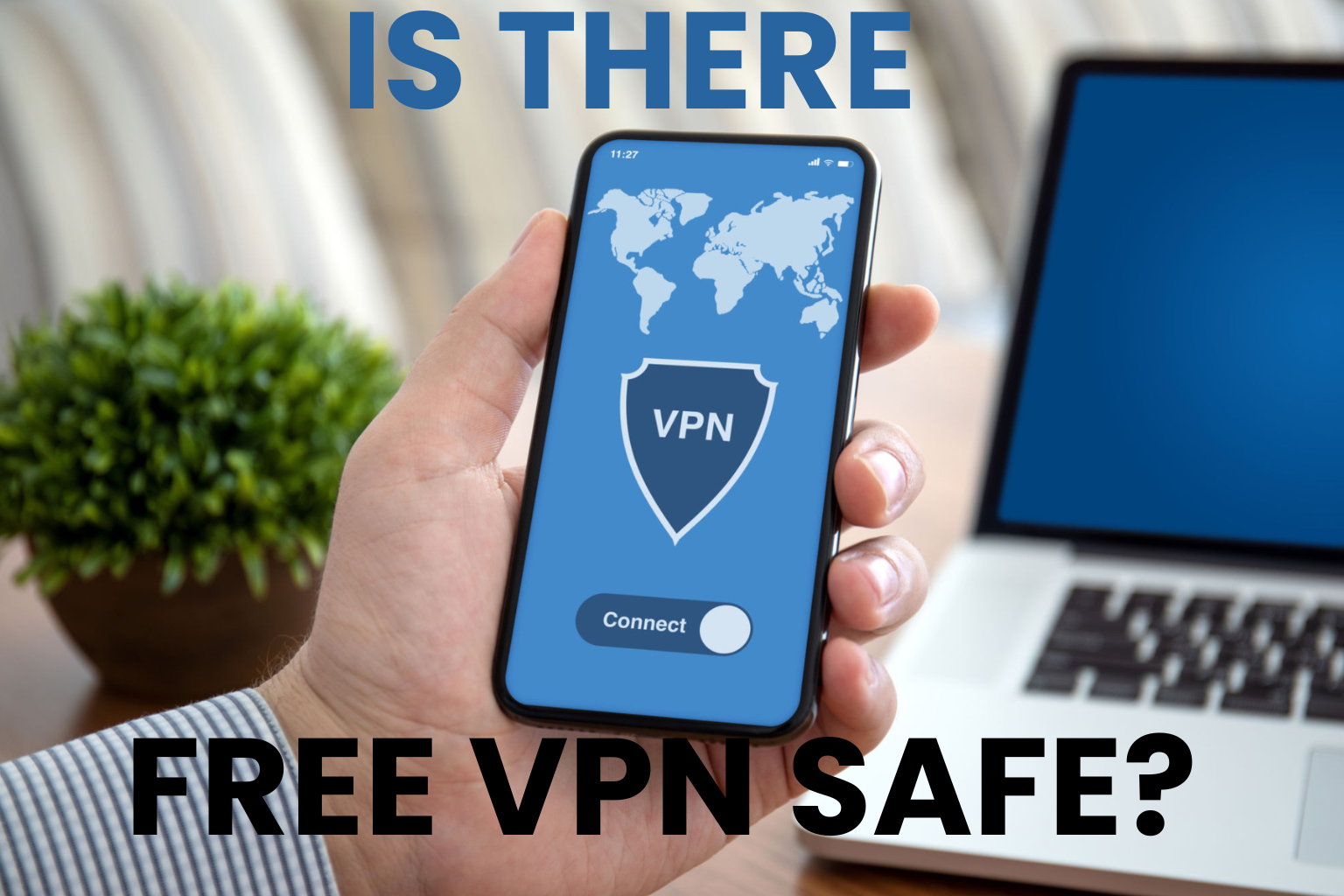Introduction
Yes, free VPNs do exist — but in 2025, most of them are slow, limited, or unsafe compared to paid VPNs.
We tested and analyzed popular free VPNs in 2025 to see which ones actually protect your privacy and which ones should be avoided.
What is a Free VPN?
A Virtual Private Network (VPN) is a tool that encrypts your internet connection and hides your IP address. This allows you to browse the internet more securely, unblock geo-restricted content, and maintain your privacy online.
A free VPN is simply a VPN service that does not charge you any subscription fees. Instead, these services may limit your usage, show you ads, or in some cases, collect and sell your data to third parties.
In short, a free VPN is useful for temporary protection — but it is rarely a long-term solution.
Free VPNs typically have:
- Limited servers (usually a handful compared to thousands in paid services)
- Data caps (500MB–10GB per month)
- Slower speeds due to overcrowded servers
- Fewer advanced features like kill switch or split tunneling
Pros of Free VPNs
Although they have limitations, free VPNs can still be useful in certain scenarios:
- Cost-Free Access: Perfect for casual users who need occasional VPN protection.
- Testing VPNs: A good way to experience VPN features before investing in a premium plan.
- Basic Security: Even a free VPN can encrypt your traffic on public Wi-Fi.
- Unblocking Limited Content: Some free VPNs let you access geo-restricted websites, though not as reliably as paid ones.
Cons of Free VPNs
Unfortunately, the downsides of free VPNs often outweigh the benefits:
- Limited Data Allowance: Many free VPNs cap usage at 500MB or 1GB per month.
- Slow Speeds: Overloaded servers lead to buffering and lag.
- Weak Security: Some free VPNs lack modern encryption protocols.
- Ads and Tracking: Free VPNs often make money by showing ads or selling user data.
- Unreliable Streaming: Most free VPNs can’t unblock Netflix, Hulu, or BBC iPlayer.
The Hidden Risks of Free VPNs
Beyond basic limitations, some free VPNs can be outright dangerous. Studies have shown that 38% of free VPNs contain malware. Others keep detailed logs of your online activity, which completely defeats the purpose of using a VPN. Security researchers have found that a large percentage of free VPN apps contain malware or aggressive tracking.
Major risks include:
- Data Harvesting – Your browsing data may be sold to advertisers.
- IP Leaks – Weak security may expose your real IP address.
- Invasive Permissions – Many free VPN apps request unnecessary access to contacts, messages, or device storage.
- False Privacy Claims – Some free VPNs claim to be “no-log” but secretly store your information.
Best Free VPNs in 2025
If you’re determined to try a free VPN, here are the most trustworthy free VPNs available in 2025:
1. ProtonVPN (Best Unlimited Free VPN)
- Pros: Unlimited data, strong encryption, based in Switzerland.
- Cons: Only 3 server locations on free plan, slower speeds.
2. Windscribe
- Pros: 10GB free per month, good security features, ad blocker.
- Cons: Limited access to streaming services.
3. TunnelBear
- Pros: User-friendly, good for beginners, 2GB free monthly.
- Cons: Limited data, not ideal for heavy use.
4. Hide.me
- Pros: 10GB free, no ads, strong privacy policy.
- Cons: Limited servers, slower during peak hours.
5. Atlas VPN
- Pros: Solid security features, 5GB free monthly.
- Cons: Speeds inconsistent on free servers.
Atlas VPN Free for iPhone review
Why Paid VPNs Are Worth It
While free VPNs are suitable for casual browsing, serious users will benefit far more from premium VPN services. Paid VPNs offer:
- Unlimited data & faster speeds
- Global server networks (100+ countries)
- Advanced features like kill switch, split tunneling, double VPN, and obfuscated servers
- Stronger privacy policies with audited no-log guarantees
- Better streaming access (Netflix, Disney+, Hulu, BBC iPlayer, etc.)
- 24/7 customer support
If you value your online privacy, streaming experience, or data security, investing in a paid VPN is the smarter choice.
ExpressVPN, NordVPN, and Surfshark: Premium VPN Leaders
ExpressVPN
- Known for lightning-fast speeds and unblocking capabilities.
- Works flawlessly with Netflix, Hulu, Disney+, and more.
- Strict no-log policy independently audited.
- 30-day money-back guarantee.
NordVPN
- One of the most popular VPNs in the world.
- Features Double VPN, Onion over VPN, and Threat Protection.
- Excellent balance of speed, security, and price.
Surfshark
- Budget-friendly with unlimited device connections.
- Offers CleanWeb ad-blocking, camouflage mode, and multi-hop servers.
- Great option for families or multi-device households.
FAQs About Free VPNs
Is there a free VPN that works?
Yes, ProtonVPN, Windscribe, and TunnelBear are safe free options. However, they come with limitations.
Is a free VPN safe?
Not always. Many free VPNs collect data, show ads, or even contain malware. Always choose reputable providers.
Can free VPNs unblock Netflix?
Rarely. Most free VPNs are detected and blocked by Netflix. Paid VPNs like ExpressVPN are much more reliable.
What’s the best free VPN in 2025?
ProtonVPN is the best truly free VPN because it offers unlimited data, though speeds are slower compared to paid plans.
Conclusion
Is there a free VPN available? Yes — but they come with trade-offs. Free VPNs may be suitable for casual browsing, but they are not ideal for streaming, gaming, or robust privacy protection. If you truly want a secure, fast, and reliable VPN, investing in a paid service like ExpressVPN, NordVPN, or Surfshark is the best choice.
If privacy, speed, and reliability matter to you, free VPNs are not enough in 2025.
👉 Ready to upgrade your security? Try ExpressVPN today with a 30-day money-back guarantee.

